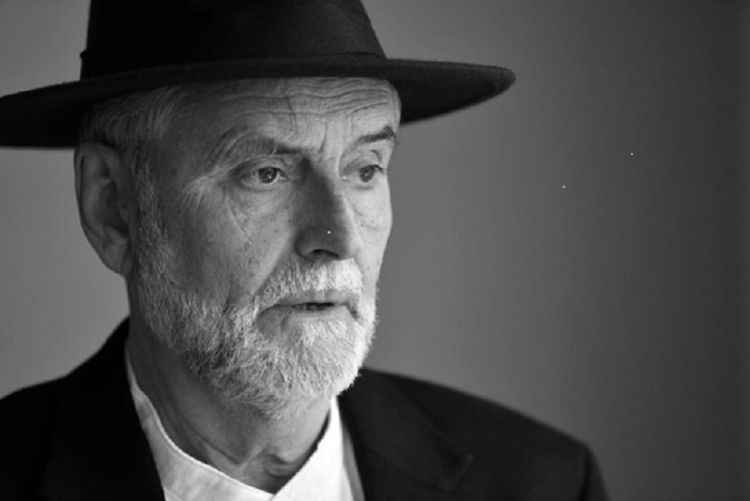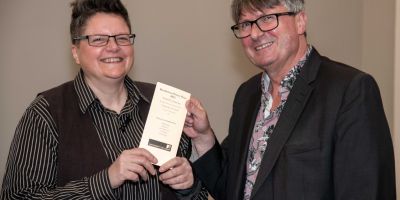School of English symposium explores one of Shakespeare’s most culturally significant plays

The Merchant of Venice: Sources, Intertexts, Afterlives symposium
Organised under the auspices of the School of English’s Playhouse Lab, a recent symposium, ‘The Merchant of Venice: Sources, Intertexts, Afterlives’, held on 9-10 February, brought together academic staff, undergraduate and postgraduate students, and members of the general public, to explore new perspectives on one of Shakespeare’s most culturally significant plays.
An exciting selection of research papers were presented by invited speakers Abi Shinn (Goldsmiths, University of London), Tom Rutter (University of Sheffield), Richard Meek (University of Hull), Lois Potter (University of Delaware), Richard Ashby (King’s College London), and Lisa Hopkins (Sheffield Hallam University).
An accompanying display in the Brotherton Library featured remarkable early Jewish manuscripts from the Cecil Roth collection and printed books from Shakespeare’s England. Delegates also had the opportunity to participate in lively practical workshops in performance (with José A. Pérez Díez) and creative writing (with J.R. Carpenter).
The greatest highlight, however, was Gareth Armstrong’s acclaimed one-man show, Shylock, which took place in the Workshop Theatre. The show tells the story of The Merchant of Venice, its sources, and its performance history, from the perspective of the minor character Tubal, Shylock’s ‘only friend’.
Before a packed house of staff, students, and others, from as far afield as Sheffield, Hull, and Birmingham (over 90 tickets were sold), Armstrong delivered an utterly compelling performance, and went on to conduct a Q&A afterwards. The audience was moved and inspired, with people afterwards commenting in particular on the humanity and sensitivity with which the show handled such issues as anti-Semitism, the depth of the research underpinning it, and its emotional power.
Gareth Armstrong has since donated a copy of Shylock (part of a very limited print run) to the Brotherton Library where it will be available for students to study. The performance is also due to be reviewed in the international journal, Shakespeare.
The organisers, Jane Rickard and Brett Greatley-Hirsch, wish to thank the School of English and the British Shakespeare Association for their support, and the many colleagues and students whose contributions made possible an event that reminded us all of the importance of live theatre, and of the intellectual discussion and creativity that it generates.




